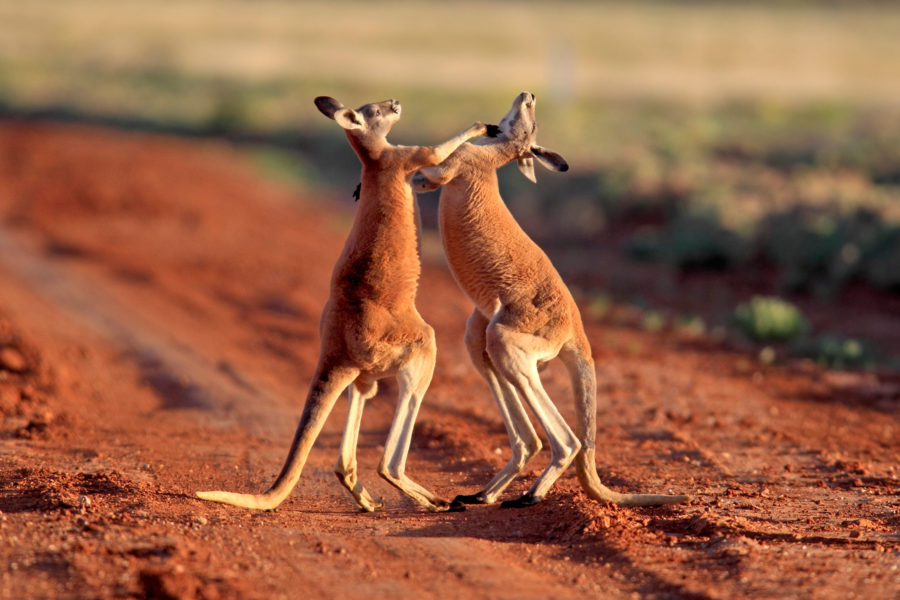Animal Olympics: the world’s wildlife winners

The modern Olympic Games celebrate human strength, speed and endurance. This year, some 11,000 athletes from 200 nations have come together in Rio to demonstrate the physical limits of human ability as they compete in the world’s largest multi-sport event.
Although their achievements in the coming weeks will be impressive, they won’t compare to the physical accomplishments of the fastest, strongest and most determined creatures in the animal kingdom.
Animals can out-run, out-lift and generally out-perform humans. However, according to Professor Craig Sharp from the Centre for Sports Medicine and Human Performance at Brunel University, in the UK, it’s our physical versatility that sets humans apart – and celebrating this versatility is what the Olympic Games are really about.
Humans: diverse range of athletic attributes
“Our species can sprint, run long distances, jump, throw, lift weights, swim long and short distances, dive, and perform on the high bar, the uneven bar, the balance beam and the vault,” Craig told Australian Geographic. “Although individual animal species can do many of these things better than humans, no other single species has anything like this range of attributes.”
In an article, published this week in the journal Veterinary Record, Craig collated a range of performance data to demonstrate various species’ physical abilities. The research – which was published to coincide with the opening of the 2012 Olympic Games – compares human sporting achievements to the physical accomplishments of both wild animals and selectively bred sports animals such as racehorses, greyhounds and racing camels.
“The main competition in the animal kingdom is for food and for mates,” Craig says. “In the pursuit of both these aims, they strive to be faster and stronger.”
Elite animal athletes
The result is that a cheetah, for example, can reach speeds almost three times as high as the world’s top sprinters. The world’s fastest running bird, the North African ostrich, can run about 1.7 times faster than our elite athletes, and the peregrine falcon, the world’s fastest predator, can fly up to about eight times faster than we can run.
Craig’s comparison shows that if we allowed the rest of the animal kingdom to qualify in the Olympic Games, we wouldn’t offer much competition for them. “At least human beings are physically the most versatile single species,” he says. “The Olympic Games are a celebration of the diversity of human physical and skill attributes.”


